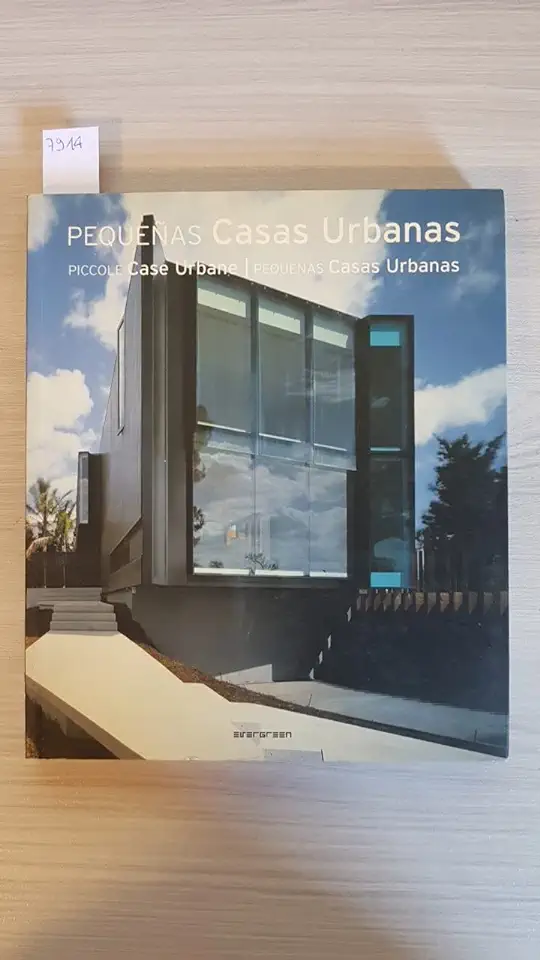
Small Urban Houses / Piccole Case Urbane / Small Urban Houses - Simone Schleifer
Small Urban Houses: A Guide to Designing and Building Small, Sustainable Homes
Introduction
In a world where space is at a premium and environmental concerns are growing, small urban houses are becoming increasingly popular. These homes offer a number of advantages over traditional single-family homes, including reduced environmental impact, lower cost, and greater flexibility.
Benefits of Small Urban Houses
There are many benefits to living in a small urban house, including:
- Reduced environmental impact: Small urban houses use less energy and resources than traditional single-family homes. This is because they are typically smaller in size, have less exterior surface area, and are more energy-efficient.
- Lower cost: Small urban houses are typically less expensive to build and maintain than traditional single-family homes. This is because they require less materials, labor, and land.
- Greater flexibility: Small urban houses can be more flexible than traditional single-family homes. They can be easily adapted to different uses, such as live/work spaces, rental units, or guest houses.
- Increased livability: Small urban houses can be more livable than traditional single-family homes. They are often located in walkable neighborhoods with easy access to public transportation, shopping, and dining. They also tend to have more open and flexible floor plans.
Design Considerations for Small Urban Houses
There are a number of design considerations to keep in mind when building a small urban house, including:
- Size: The size of your small urban house will depend on your needs and budget. However, it is important to keep in mind that smaller homes are more efficient and sustainable.
- Location: The location of your small urban house is important for a number of reasons. You will want to choose a location that is close to work, school, and other amenities. You will also want to consider the climate and the surrounding environment.
- Orientation: The orientation of your small urban house is important for maximizing energy efficiency. You will want to orient your home so that it takes advantage of natural light and ventilation.
- Materials: The materials you choose for your small urban house are important for both aesthetics and sustainability. You will want to choose materials that are durable, energy-efficient, and environmentally friendly.
- Construction: The construction of your small urban house is important for ensuring its durability and energy efficiency. You will want to hire a qualified builder who has experience building small homes.
Conclusion
Small urban houses offer a number of advantages over traditional single-family homes. They are more sustainable, affordable, flexible, and livable. If you are considering building a new home, a small urban house is a great option to consider.
Order Your Copy Today!
Small Urban Houses is the essential guide to designing and building small, sustainable homes. This book is packed with information on everything from site selection to construction details. Whether you are a first-time homebuyer or an experienced builder, Small Urban Houses will help you create a beautiful and sustainable home that you will love for years to come.
Order your copy today and start building your dream home!